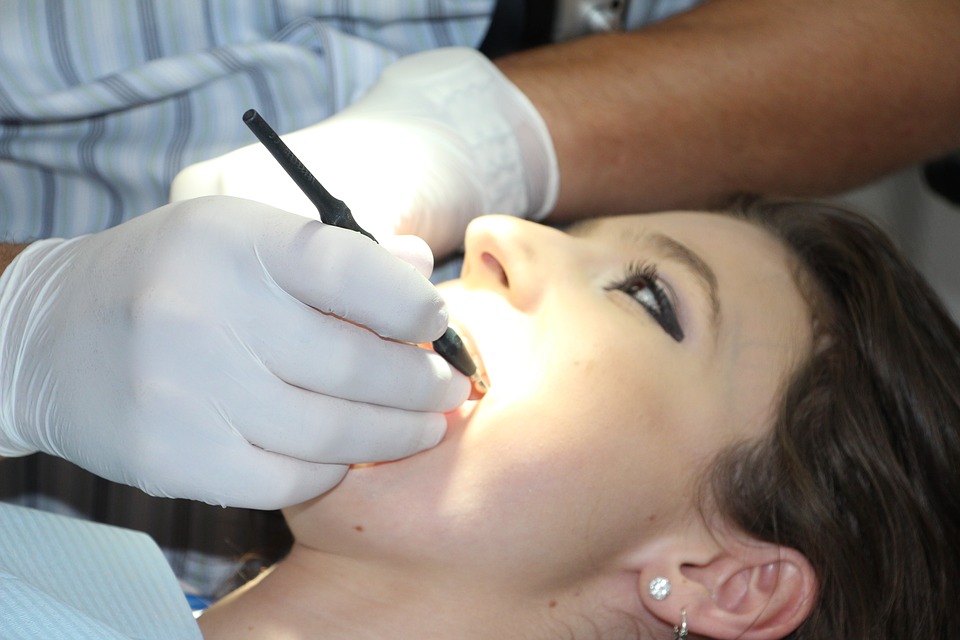A gum disease that is left untreated poses a great risk t0 your health and well being, and so consulting a periodontist when you notice the early signs of gum disease should be your priority. This could spell the difference between a simple dental cleaning process and requiring periodontal plastic surgery, and so is well worth your time.
What causes gum disease?
Gum disease is caused by a buildup of bacteria in your mouth, as bacterial plaque attaches to the surface of your teeth and gums. When this happens, your immune system will respond by triggering an inflammation. However, if the bacteria do not die, then the inflammation response will only lead to a bigger issue, including gum and tissue deterioration.
What happens when the inflammation worsens?
Chronic inflammation will lead to your bone tissues being destroyed, resulting in a void between your teeth and gums and periodontal pockets. The deeper the pockets, the more difficult it is to keep your mouth clean and free from bacteria. Without proper intervention, this leads to bigger swelling and bleeding in the gums due to the tearing of the inflamed pockets.
What can be done for deep periodontal pockets?
Periodontal pockets that are 5 mm deep or more will require gum surgery, and the most common type of procedure for this a flap surgery. The deep pocket will be cleaned with a special tool, which creates a flap with three sides in the tissue of the gum. A periodontist can also repair receded gum tissue or replace the lost bone. The flap is then closed using self-dissolving stitches.
Bone and tissue regeneration
There are a number of techniques used to regenerate lost bone and gum tissue. Grafting procedures are performed so that tissue from other parts of your mouth can be used as replacement. Other sources can also provide replacements to fill up the void of bone and tissue, and this re-growing technique requires microsurgical procedures. It’s essential that you only seek the best periodontists for this meticulous task. Once the tissue graft is in place, it will develop over time. It will stop growing once there’s no void left to fill, so that it doesn’t require removal of excess tissue.
Preventing gum disease
The truth is, gum disease is highly preventable. You shouldn’t find yourself needing periodontal plastic surgery, as long as you take care of your oral health. To do this, you need to brush your teeth twice a day and rinse it once a day. You should also floss your teeth regularly to eliminate food particles and bacteria stuck in between your teeth. By brushing your teeth daily, rinsing it with mouthwash, and flossing often, you should be able to prevent bacteria from growing and spreading inside your mouth, and ultimately lower your risk of gum disease. It’s also important to keep to your dental appointments, and to see a periodontist regularly – especially if your family has a history of gum problems.
